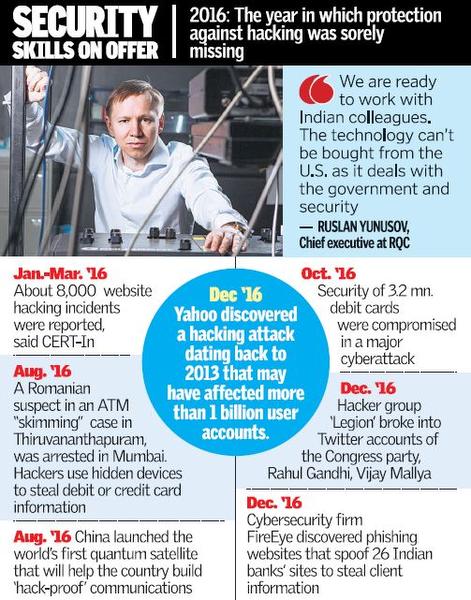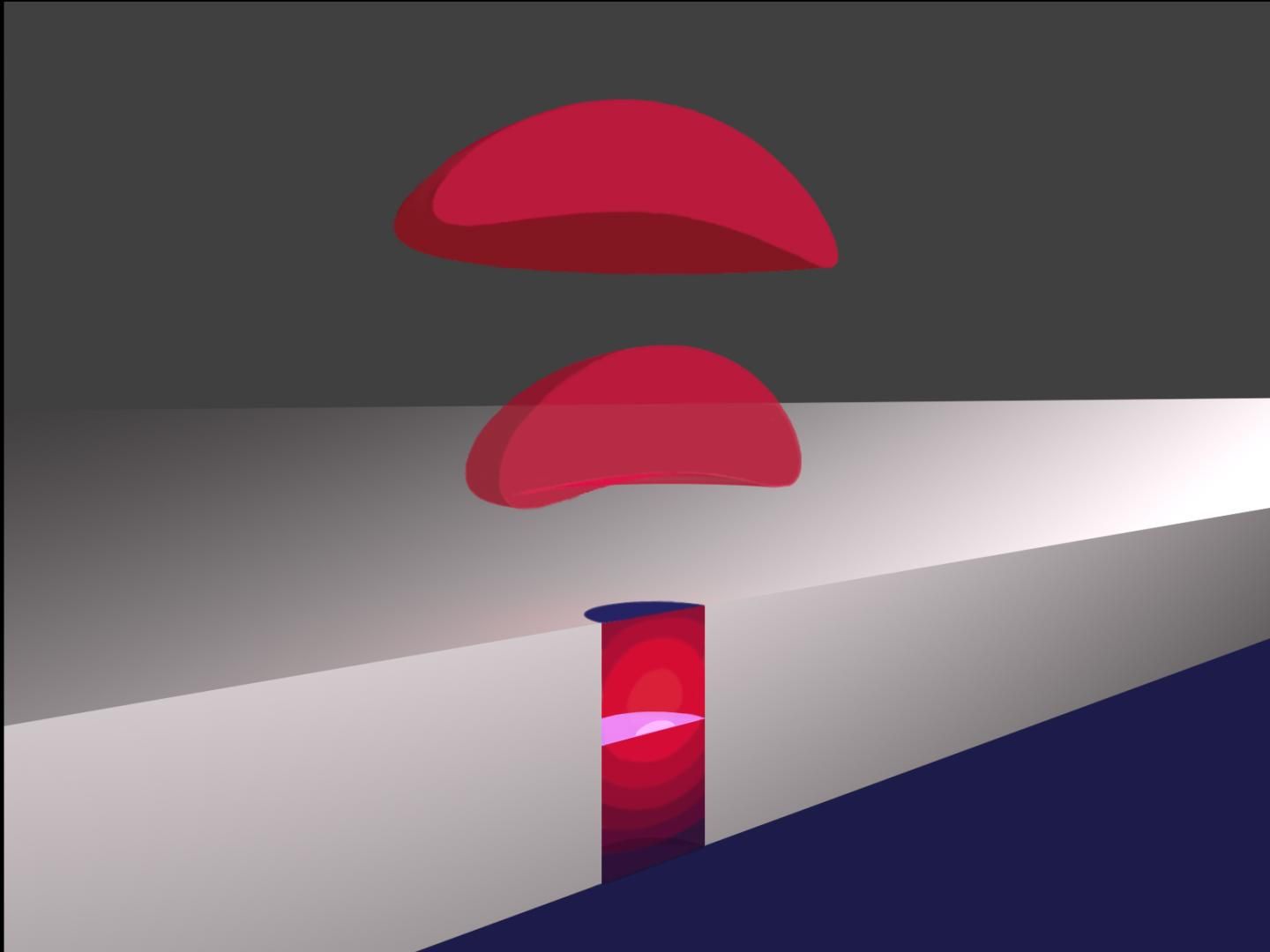Russian Quantum Center (RQC) said that it is ready to collaborate with India and offer its quantum technology that will prevent hackers from breaking into bank accounts. RQC plans to offer ‘quantum cryptography’ that could propel India to the forefront of hack proof communication in sectors such as banking and national and homeland security.
“We are ready to work with Indian colleagues. It (the technology) can’t be bought from the United States as it deals with the government and security,” said Ruslan Yunusov, chief executive at RQC, in an interview.
Established by Russia’s largest global technology hub, Skolkovo in 2010, RQC conducts scientific research that could lead to a new class of technologies. These include developing ‘unbreakable cryptography’ for the banks and the government organisations. It also involves research in areas such as materials with superior properties and new systems for ultrasensitive imaging of the brain. The research is mostly funded by the government money.










